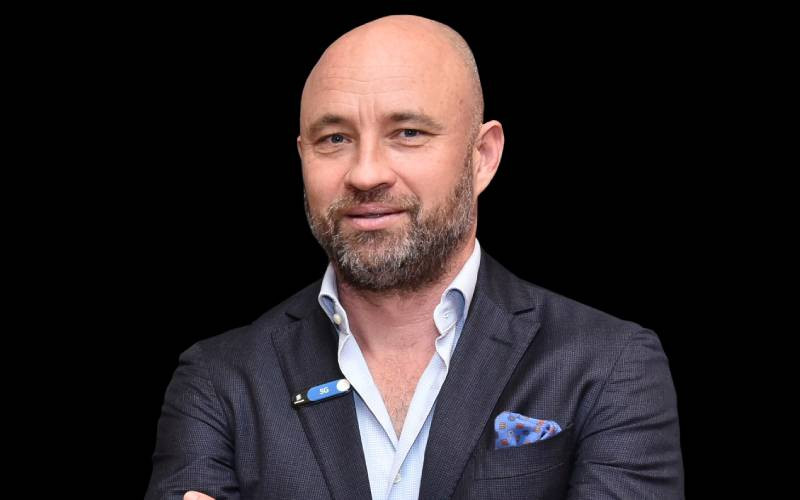
Audio By Vocalize

1: Could you tell us a bit about Ericsson's history in Kenya, and how Ericsson has contributed to the country's digital economy and connectivity goals?
Ericsson's history in Kenya dates to 1898 when we embarked on a project to add communications for the Nairobi - Kampala train line. Since then, we have built strong partnerships with both the public and private sectors in Kenya. Our focus has been on modernizing mobile networks and preparing them for the anticipated rapid expansion of mobile connectivity in the country, as well as laying the groundwork for Kenya's future adoption of 5G technology.
